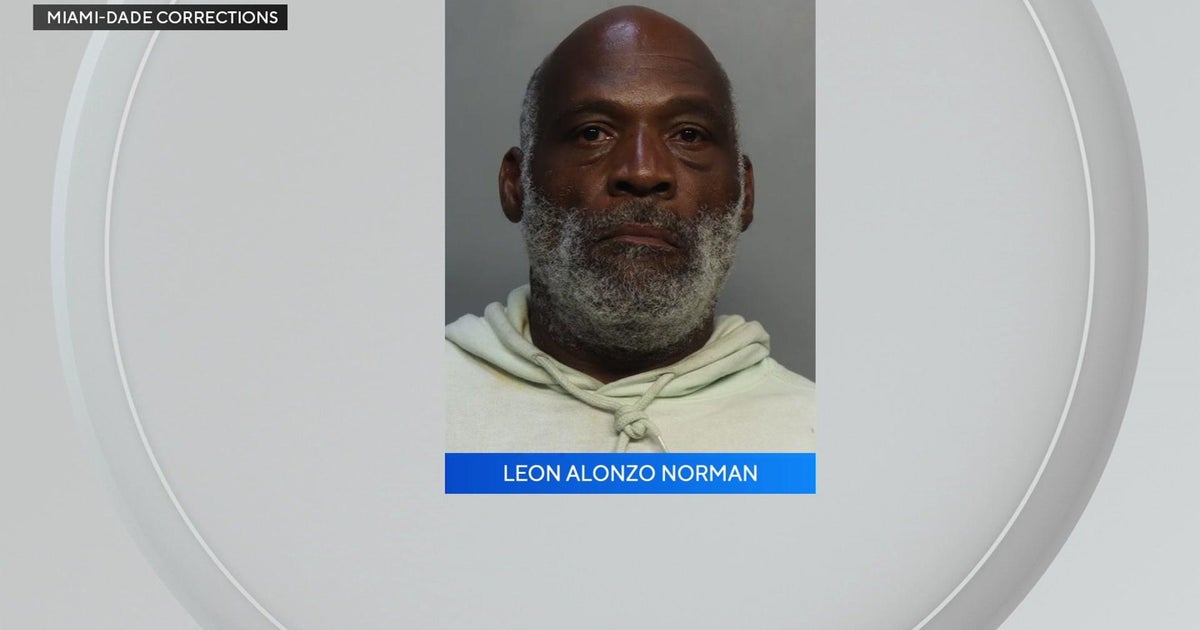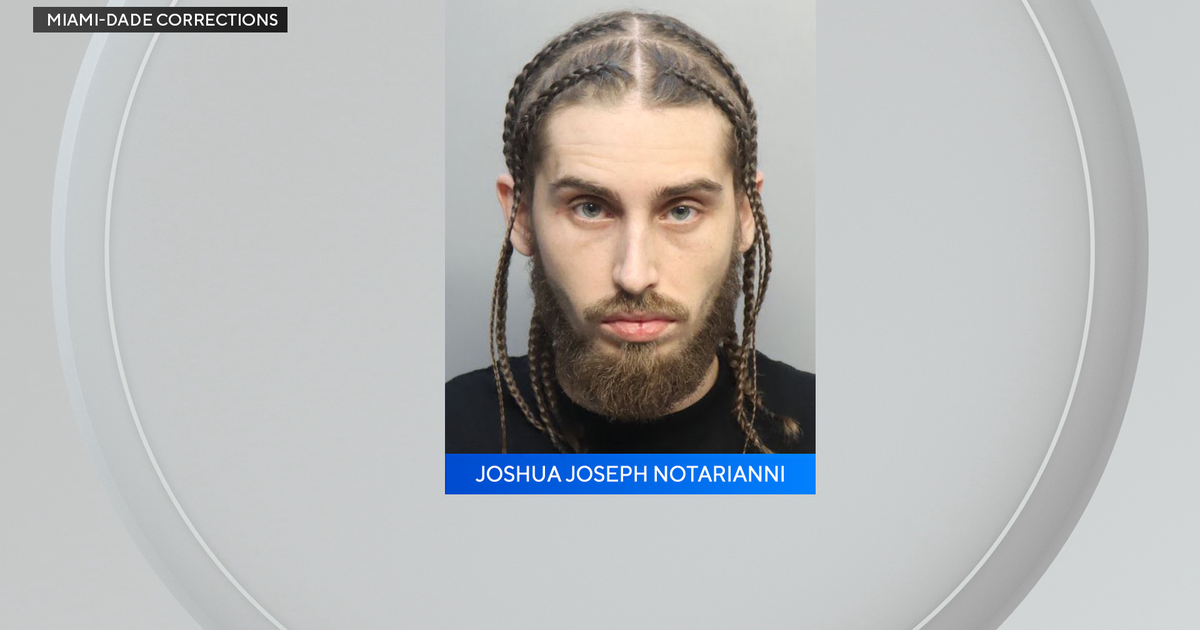Miami Beach Police Chief Richard Clements On His Department's Efforts To Control Spring Break Crowds
MIAMI (CBSMiami) - Miami Beach Police Chief Richard Clements joined CBS4 on Thursday to talk about his department's efforts to control crowds during this year's spring break.
He joined CBS4 anchors, Eliott Rodriguez, Lauren Pastrana, and Jim Berry via satellite.
Eliott Rodriguez asked the first question:
What do you say to people, who accuse your department of being heavy-handed, especially on Saturday night when pepper balls were used to disperse the crowd violating a curfew.
Clements: "Listen, our police department is absolutely phenomenal in policing events that attract large crowds. We are a host of 250 special events a year and I can tell you that we operate within a strict guideline within the control of persons or response or resistance."
"The use of any type of less-lethal device or any type of less-lethal option that we have is also regulated, and the officers know when to use that they know when it's necessary to use that. In every instance where they do, we do a proper review to ensure that they follow the department guidelines.
Jim Barry asked the second question.
Chief, what would your department's plan for crowd control, and can you tell us when it was formed, and also why the need to have an armored personnel carrier visible on the street?
Clements: "The plan itself was formulated back in January with, with the focus of the spring break period date from February 15 all the way through April, the 12th, and it really, for the most part, we had to go ahead and redeploy our personnel in different hours and different configurations in order to be able to meet the demands of what we thought was going to be a very busy spring break period."
"The differences in spring break period, going from February all the way through April, were predicated on the fact that a lot of the colleges went ahead due to COVID and had to be able to disperse the spring break periods accordingly with what they thought was going to be a proper, proper action if you will on the part of their administration."
"As far as the armored personnel carrier, we invited a municipality over to assist us on the crowd control issue. We thought and believe correctly that the number of people on the beach, were going to be increasingly more challenging for us to go ahead and to monitor and to deal with, and they sent the team over, and as part of their deployment, they went ahead. It's called the bearcat, and it comes over, specifically for rescue situations in order to be able to get through crowds and be able to go ahead and to extract either an officer or a person that may be caught up in the crowd out of that crowd and take to the safety."
Laurent Pastrana asked the third and final question:
How did the pandemic play a role in the way police were able to respond? We see them in sort of golf carts or some sort of vehicles because these are mostly maskless crowds we're talking about. So, is your department equipped to handle that while still maintaining officer safety?
Clements: "As best we can, you know, that's, that's a way that we go ahead and we interact with the public, and we get closer to the public, and more so using an alternative mode of transportation, we were able to do that. And on top of that, we're spreading officers out throughout the entertainment district, and we need to be able to move from point to point as quickly as possible."
"Using a bicycle on that particular instance on Ocean Drive or on foot is really not as safe and effective means by which to traverse it. Using the ATVs and the golf carts or the mules, as they're commonly referred to, to be able to get there is a much more efficient manner."
"They're also equipped with lights and siren with where we're able to deploy them out in the event that there's some type of a disturbance that occurs. We're able to go ahead and, and turn on those lights and siren, and it does generally go ahead and cause the crowd to go ahead and stop doing whatever it is that they're doing is causing a disturbance to begin with."



